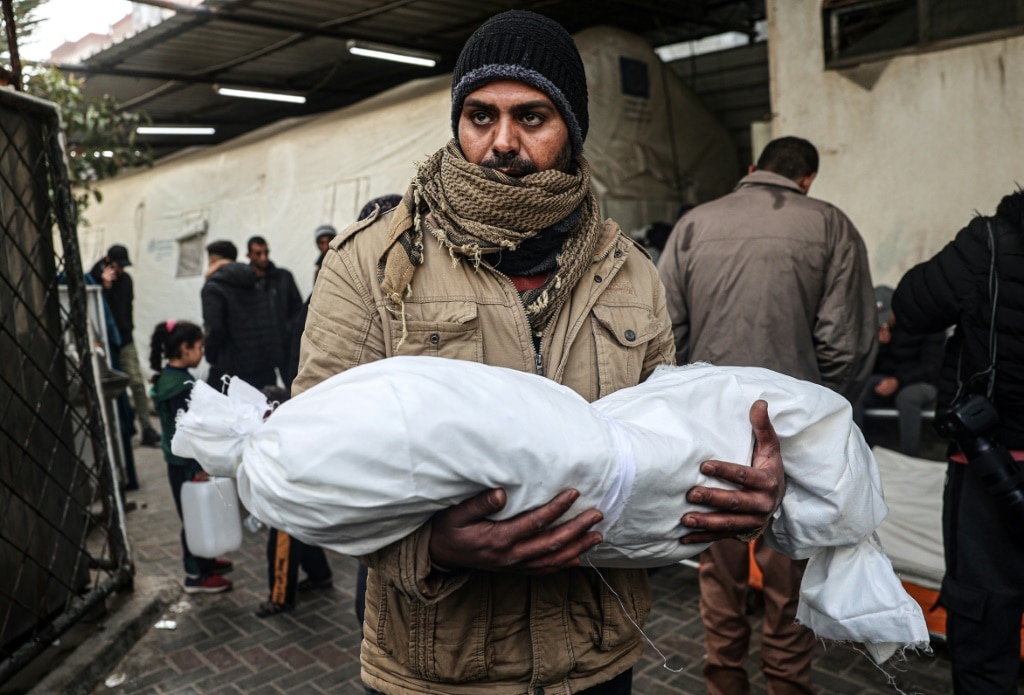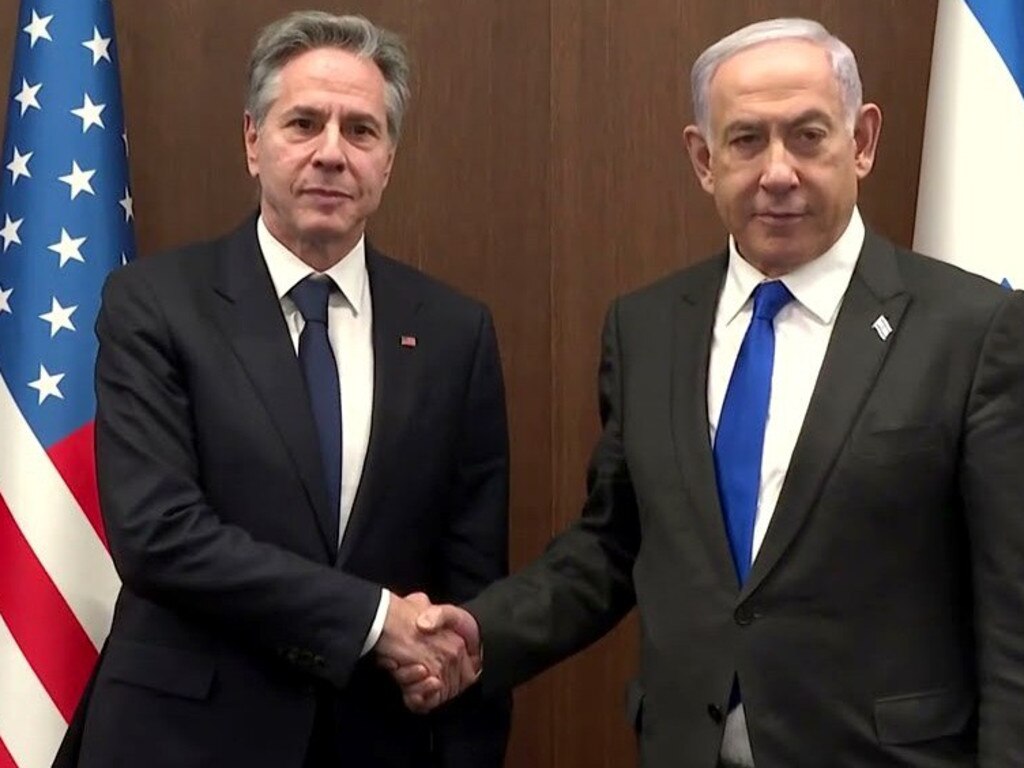Israeli assault on Rafah would be a fatal mistake
For Netanyahu it is the road to absolute victory, but it will only prolong conflict and provoke a new generation of Hamas.
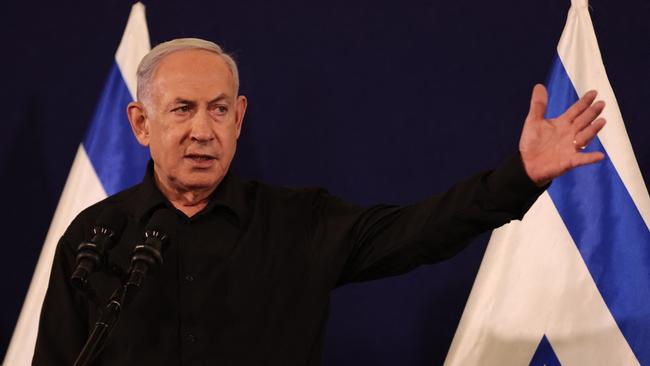
Just after the October 7 attack on Israel, I wrote that the Israelis would have to be careful not to fall into the Hamas trap. More than four months later, this could be the week that Israel topples into that trap.
A full-scale military assault on Rafah, the part of Gaza where around one and a half million people are now concentrated, will not bring the “absolute victory” promised by the Israeli prime minister, Binyamin Netanyahu, but will diminish the security of Israel in the longer term.
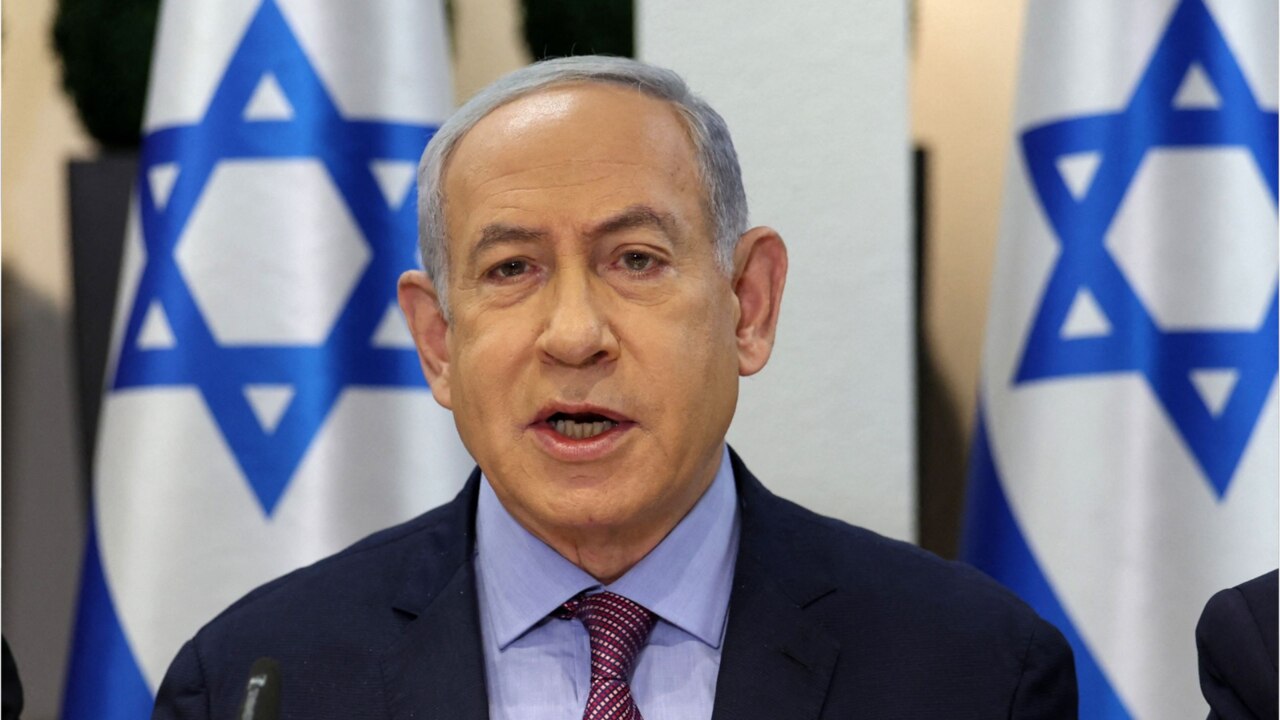
You do not have to sympathise with Hamas in any way to think that a major offensive into Rafah would be a mistake. You might, like me, have agreed with the need for Israel’s military campaign so far - while realising that more humanitarian aid is vital - and accepted that the atrocities of October 7 called for a crushing response. You can have no truck whatsoever with demonstrations against Israel or with demands for a one-sided ceasefire that leaves Hamas able to attack again. You can understand that no hostages would have been freed except under extreme pressure on their captors, and that two were freed from Rafah by special forces in recent hours. You can recognise that it is Hamas itself that deliberately places civilians in the line of fire, waging war from hospitals and even from tunnels underneath the UN agency delivering relief. You can believe all of this, as I do, but still consider that Rafah threatens to be, for Israel, a tipping point, a military bridge too far, a moment of overreach that brings a descent into the trap.
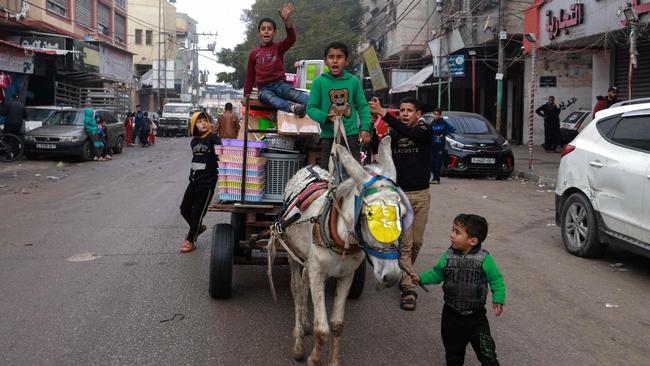
For Netanyahu, Rafah is the road to the absolute victory he seeks. If you think of Hamas as an army, there is a logic to that: Hamas had 24 battalions of fighters; Israel claims to have destroyed 18 of them. Four of the remainder are in Rafah; annihilate those four and absolute victory is at hand. Yet while Hamas does indeed have many characteristics of an army, it also has the attributes of something else: an insurgency. And we know from long and bitter experience that you can defeat the military units of an insurgency but that it will reappear in every pile of rubble not long afterwards, with more recruits than ever before.
We know this from Iraq and Afghanistan, and the Israelis themselves know it very well from their invasion of Lebanon in 1982, which led ultimately to withdrawal in 2000, leaving a stronger enemy behind them. Hezbollah is now a bigger threat than ever. Absolute victory can be attained over an army on a battlefield, but not over an insurgency that draws its strength from an idea, rooted in a population. To be victorious over that, wise politics has to accompany the application of force.
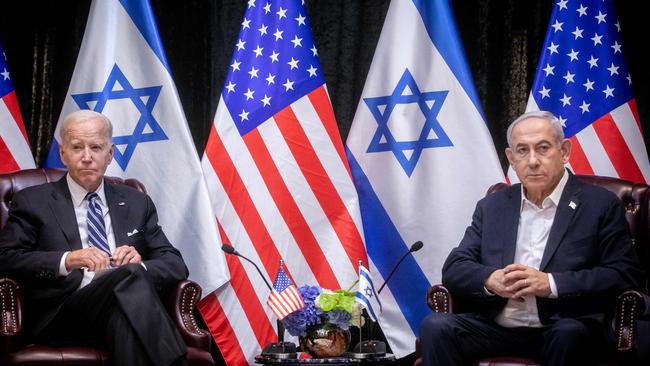
To roll the Israel Defence Forces into Rafah with the same approach of recent months is to ignore such politics. Here are vast numbers of people crammed into a small space. In practice, they have nowhere to go. Many are on the edge of starvation and disease. President Biden called Netanyahu on Sunday to appeal to him not to proceed without a credible plan for their safety and support. For Israel’s war cabinet, those four Hamas battalions are a powerful lure. But another number they should consider is that of the 17,000 orphans estimated to be in Gaza. Without some hope of peace in the Middle East, those orphans will one day make up the even bigger Hamas battalions of the future.
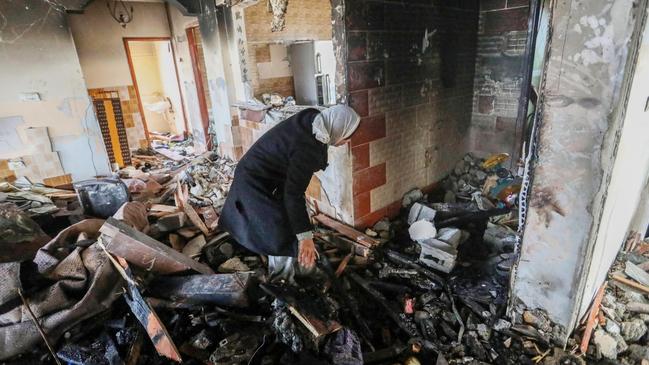
The decision of what to do about Rafah is therefore of immense significance, perhaps the most crucial strategic moment since the Gaza war began. It represents a fateful choice between one school of Israeli thought - that no peace with Palestinians is viable and only the deterrence of conflict will work - and the other: that space must be left for a two-state solution one day or there will never be peace. At the moment, despite Netanyahu’s personal unpopularity, it is his argument that only force will deter or prevent future attack that has the upper hand.
Look around the world, and it is easy to make the case that only deterrence prevents war in situations that cannot peacefully be resolved. From the 38th parallel that divides North and South Korea, to the Line of Control between India and Pakistan in Kashmir, to the Nato-Russia border around the Baltic States, it is only the concept of deterrence that holds international peace together. It is an argument we make endlessly. It is why we are building new nuclear-armed submarines. It is something we want Donald Trump, with his infantile talk of encouraging attacks on allies who don’t pay enough, to understand. And when the war in Ukraine eventually ends, it will only be the deterring of Russia, by incorporating Ukraine into Nato, that will stop it breaking out again.
It is understandable, then, that Israelis might have thought that what works for much of the rest of the world would work for them. Except that it doesn’t. It has worked on one level - nuclear capability and military prowess forced Arab states to give up on their struggle to eradicate Israel. Yet deterrence cannot stop armed groups and terrorists who do not belong to a state and care little about what happens to their own people. The military expert Sir Lawrence Freedman has pointed this out, arguing that Israel has moved even further, to trying to destroy the threat entirely. But that this is bound to fail without a political vision for who will govern Gaza - someone who is not Hamas and not Israel.
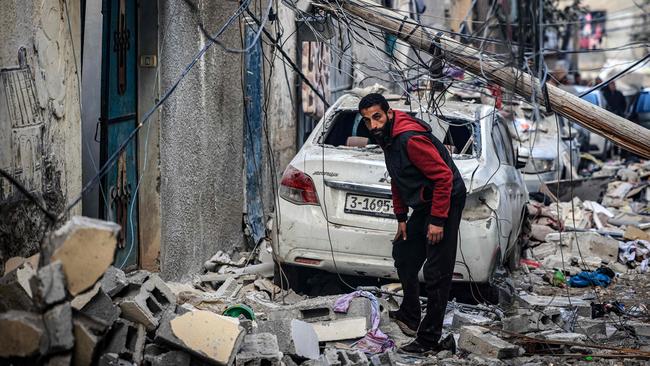
The diplomacy of recent months has revealed that there is still a solution to war in the Middle East, one that over time reasonable people on all sides could adopt. Hostages are released, Hamas leaders leave Gaza, Israel withdraws, the Palestinian Authority is reconstituted, settlements in the West Bank stop, the Saudis normalise relations with Israel, the US gives guarantees to the Saudis, western countries recognise Palestine as a state and Israelis accept it. That is the context in which David Cameron has, quite rightly, said Britain might recognise a Palestinian state - not a change of policy but a reminder that it could be done.
Anyone can appreciate that such a solution is a long shot and would need years of patiently building trust. It has little chance without the removal of Netanyahu and a better Arab grip on the Palestinian leadership. But it would be a terrible error for Israel to narrow further the space for such a solution, unwittingly resigning itself to more wars that cannot be deterred and in which absolute victory is impossible. The trap lies open before it. The future of the Middle East might well depend on the fate of Rafah.
The Times




